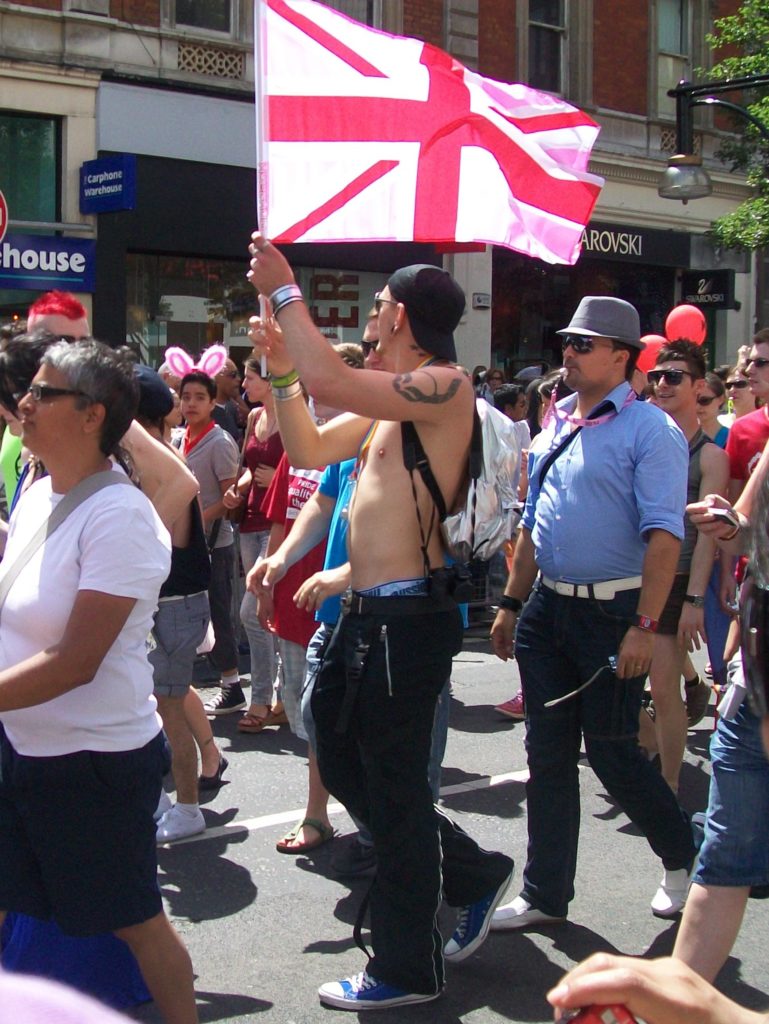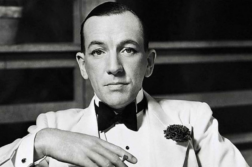
THE UK immigration system is a harsh and brutal environment for all migrants. It is designed to be a treacherous journey through a cruel and intricate jungle of tests, detention, interrogations, and application processes. And it is now more clear than ever that LGBT migrants, especially those seeking asylum and refuge, are singled out and subjected to tougher scrutiny by immigration officials.
Many LGBT people seeking asylum are fleeing from countries where they would be persecuted, harmed, and even killed for their sexual orientation, gender identity, or gender expression. In 2021, there are still 69 countries in the world that criminalize homosexuality, nearly half of which are in Africa. Indeed 36 countries that are currently in the Commonwealth still have laws against homosexuality. These laws stem from colonial times, in which British law included the punishment of LGBT individuals. Although the UK has long since decriminalized LGBT sexualities, it has not actively these Commonwealth countries to follow suit. Thus it comes as no surprise that the UK immigration system is not more supportive of LGBT people seeking asylum and refuge.
Studies by the University of Sussex have found that gaining asylum in Britain based on sexual orientation is getting more difficult. Government data has shown that only 22 percent of claims by LGBT individuals in 2017 were approved, down from 39 percent in 2015. With 2000 people every year applying for asylum based on persecution of their sexuality and gender identity, around 1500 are forced to return to their country of origin.
There is a widespread “culture of disbelief” and an “impossible burden of proof” haunting the UK immigration system in every area for migrants. When it comes to LGBT individuals, four out of ten people are rejected because decision-makers dismiss the risk of persecution in the claimants’ country of origin. More than a third of those seeking asylum believed that interviewers were not listening to their stories or asking the right questions. The team from the University of Sussex have called for a major overhaul of the system, with the issues being epitomized in the fact that one in three LGBT asylum seekers is rejected simply because officials do not believe their sexual orientation of their gender identity.
Moira Dustin, leader of the University’s four-year project has noted that it’s “easier for officials to turn away people applying for asylum on sexual orientation and gender identity grounds, because they are even less likely than other claimants to have evidence to support their claim; what can they produce, when they’re in danger and fleeing? How likely are they to have with them photos or letters proving past relationships?” This is crux of the issue. It is both cruel and dehumanizing to expect an LGBT person to have to prove a state of being that they’ve been required to hide for the safety reasons.
This mindset of not particularly wanting to help a LGBT applicant manifests itself in other areas of the immigration process, which makes it even harder to convince officials of one’s authenticity. Leila Zadeh, executive director of the UK Lesbian and Gay Immigration Group, stated that they have “seen people whose claims have been refused in part because they didn’t use enough emotional language” in interviews. She went on to say, “It’s incredibly difficult for somebody to tell the Home Office about this aspect of identity that they have never ever spoken about and that they feel ashamed to talk about.”
It becomes evident in cases such as these a common theme is lack of awareness and education about LGBT issues on the part of immigration officials. Many of the interviewers failed to consider the persecution that a migrant may face if returned to their home country. It then makes one wonder whether such decision-makers even know whether it is illegal to be homosexual in the migrants’ country of origin. Do they know how many people are killed a year for being LGBT in that migrants’ country of origin? Do they have awareness beyond stereotypical representations of what a LGBT person looks, sounds and acts like?
Some accounts from LGBT people in the UK immigration system are truly harrowing, and this is why changes must be made immediately. The UK should be standing up against homophobia, biphobia, transphobia and any other form of discrimination against sexuality or gender expression not only within the country but around the world, too.
In response to the University of Sussex’ findings, a spokesperson for the Home Office said the UK “had a proud record of providing protection for asylum seekers fleeing prosecution because of their sexual orientation or gender identity,” and the agency rejected their findings and data. This was the easy way out for them, avoiding accountability and the necessary steps that were needed to be made to invoke real change.
It is imperative that the wider public, and not just immigration officials, be made aware of the challenges that LGBT immigrants face, not only in their own country but in the immigration processes they are forced to take part in. The way forward is through education, and it is the responsibility of the UK government to ensure that all of their Home Office employees receive training that informs them of how to deal with LGBT issues with more sensitivity and humanity. We must all continue to apply pressure to the Conservative government to overhaul the cruel immigration system they have in place and ensure that the LGBT immigrants arriving in the UK are provided with the necessary protection they deserve, so they can make it onto the pathways of refugee status.
Aaron Gates-Lincoln writes for Immigration Advice Service and aims to highlight and fight against migrant injustices in the UK and around the world.







Discussion1 Comment
Why not start a petition on the Parliament website, asking for a Parliamentary debate on this issue? If enough signatures can be amassed then it would have to be debated. At the very least it would help to
publicise the issue, and might even lead to some reform of the system.